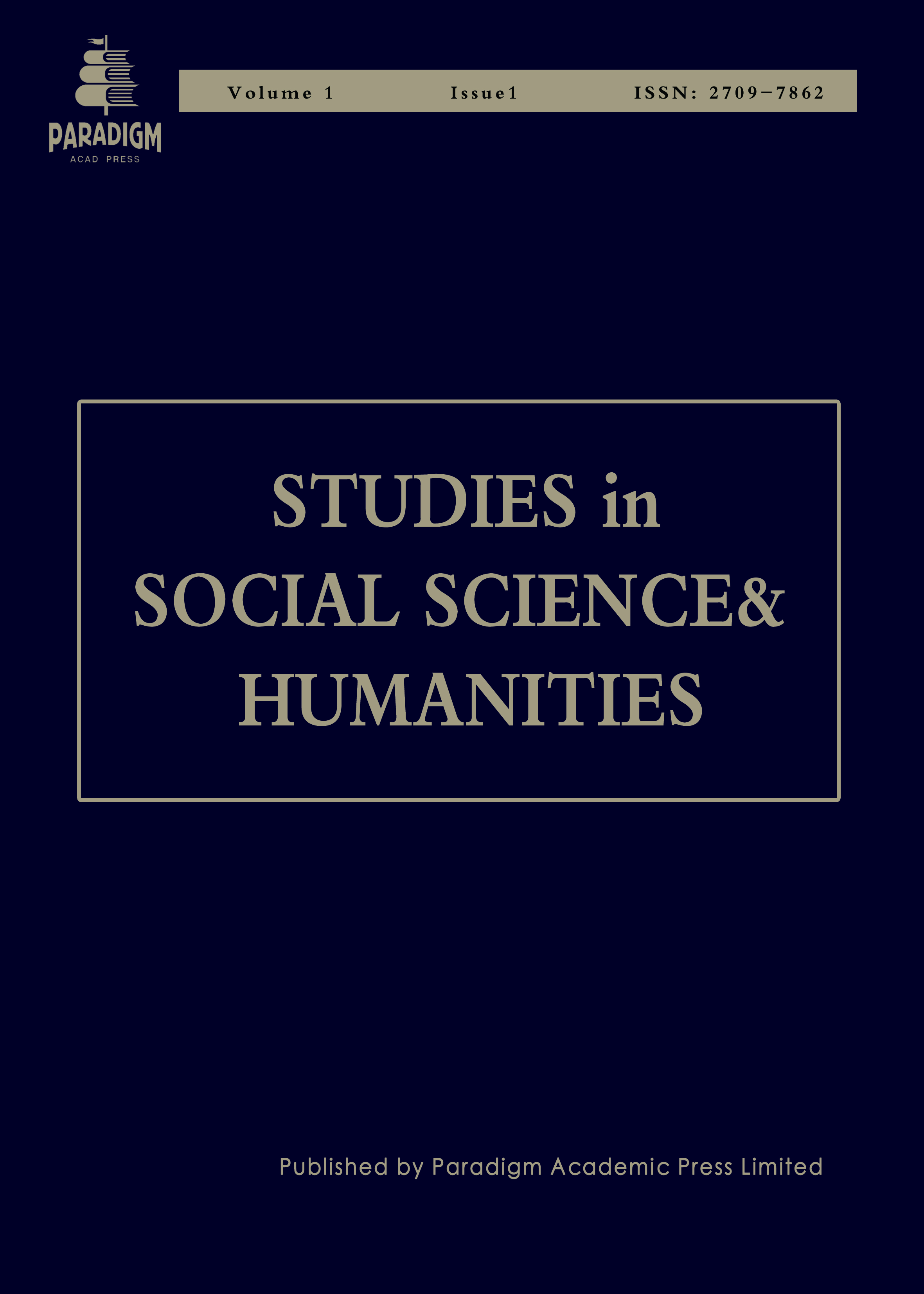Evaluating the Impact of Anti-Corruption Policies on Revenue Transparency and Accountability in Nigeria’s Oil Sector
Keywords:
Nigeria’s oil sector, anti-corruption policies, revenue transparency, accountability, NEITI, Petroleum Industry Act, EITIAbstract
The oil sector is critical to Nigeria’s economy, accounting for the majority of its government revenue and foreign exchange earnings. However, it has long been plagued by systemic corruption, undermining its potential to drive equitable development. This study evaluates the impact of anti-corruption policies on revenue transparency and accountability in Nigeria’s oil sector. It explores key frameworks such as the Nigerian Extractive Industries Transparency Initiative (NEITI) and the Petroleum Industry Act (PIA), along with international contributions like the Extractive Industries Transparency Initiative (EITI). By analyzing transparency tools, institutional roles, and the socio-economic effects of these measures, the research highlights both progress and persistent challenges. Findings indicate improvements in transparency mechanisms and stakeholder confidence, particularly in oil-producing regions, but emphasize the need for stronger enforcement and independence of oversight institutions. The study concludes with recommendations for closing policy gaps and aligning governance practices with international standards.


